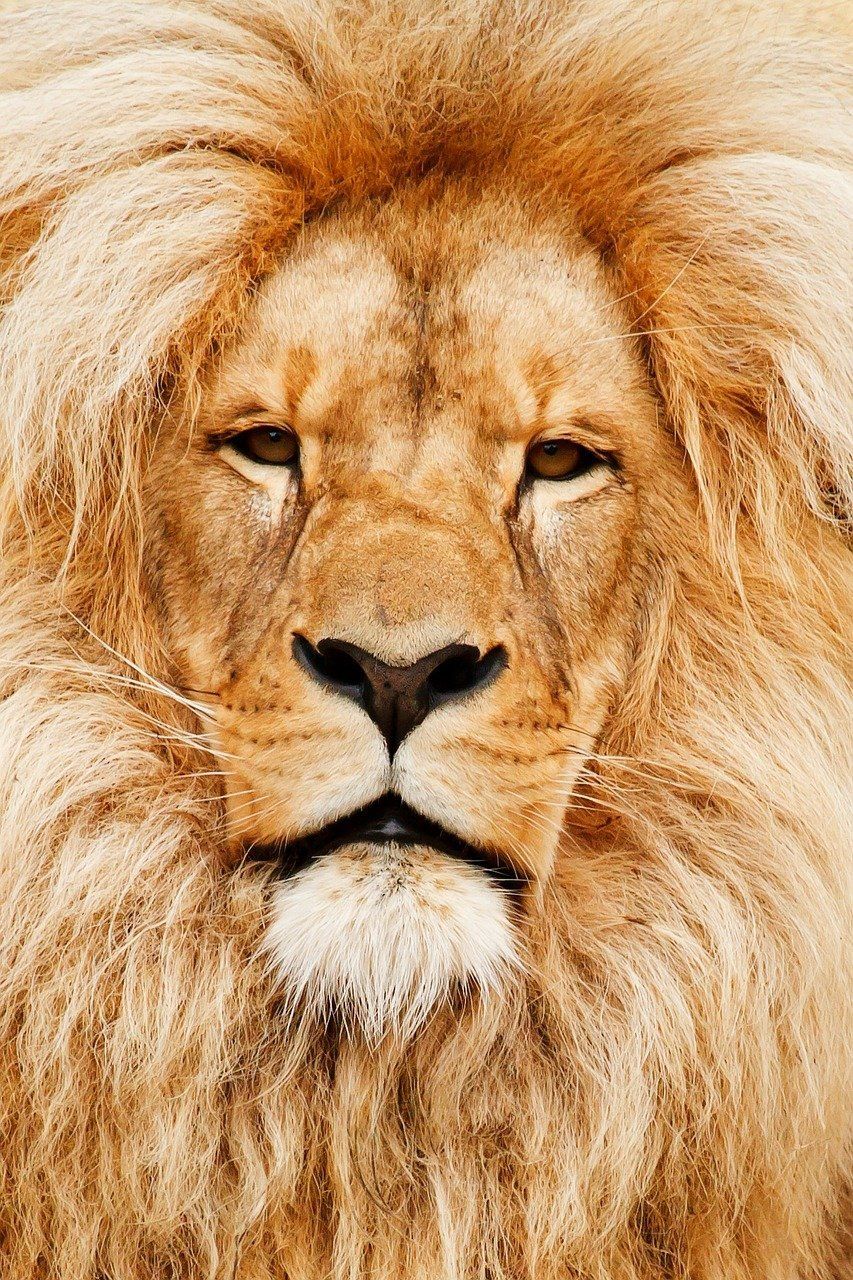Poaching and its consequences
There are several ways in which people negatively affect nature. We drive cars, clear forests, produce plastic, forget to separate garbage or literally throw it at nature's feet. Unfortunately there are people who are ACTIVELY causing irreparable damage to nature. As ? By poaching.
Bush tribes hunted for decades and centuries without harming nature
Many centuries before our present time, the world was very different. Supermarkets, retail and shopping malls were not even a human idea. The women gathered berries in the forest and the men went hunting. To hunt? Yes. They hunted just as much deer, elephant, bear, buffalo or wildebeest - depending on what their habitat just gave - how much they needed to survive. They never hunted more than nature gave them. Never so much that nature was damaged as a result. The few remaining bush tribes around the world are still doing just that. Sometimes they roam the wilderness for days in search of the right animal. You live in a wonderful symbiosis with nature.
Unfortunately there is also another way of hunting. One way that defines the term: poaching. A brief explanation of poaching: Poaching refers to the unjustified and, unfortunately, partly also legal hunting, catching and killing of wild animals (often endangered species).
Poaching extends the RED LIST of endangered animals
If you now think about poaching and the animals that suffer from it, you will probably end up in Africa first. A continent where poaching is a big issue. A topic that is perceived in two completely different ways by two different worlds. We stand on one side. You and I who shake our heads and hold back tears at news like "Over 1000 rhinos killed by poaching in 2017" . We, who fear the loss of great animals and see it coming, in the fear that generations after us will never see elephants, tigers or rhinos living in the wild again. The other side is completely different. Poachers celebrated for killing a rare animal. Why? Many countries where poaching is an issue, such as in Africa, suffer from great poverty, hunger and disease. Help or improvement? Felt unreachable. A solution? Poaching in their eyes. The sad thing about it all is that this path - we refuse to call it a way out - was not their idea, but that of richer countries who see animals, often only certain parts of the animal, as a luxury good. The rhinoceros horn is said to increase potency, and whoever has an elephant's tusk is king of the world. These illusions and selfishness made poaching so big in the first place. For the poachers themselves, one possibility is to take care of many families, send children to school or maybe build a small hut for themselves. They are only the beginning of a chain, the extent of which is harrowing and devastating. Hopelessness, consumption and luxury ... just 3 of the causes of poaching.
What is important to us to say at this point: Many people, especially in Africa, recognize the seriousness of the situation! Far from all support or worse, celebrate poaching. In Africa, too, the awareness of animals is growing, people are consciously committed to stopping poaching and allowing YOUR country, NATURE and biodiversity to recover.
Poaching - the rarer the animal, the better
It is estimated that up to 20,000 elephants are poached annually. Because of their tusks. Over 1000 rhinos. Because of their horn, which is made of the same material as our fingernails. About 100 million sharks. For the production of supposed remedies from different cultures. Countless lions and polar bears. For the Fellmarkt. Thousands upon thousands of pangolins. For handbag and shoe production. Monkeys of all kinds. As a special meat for extremely rich people all over the world.
A man in South Africa has been trying for years to partially end this madness. John Hume. He got rich raising cattle but moved to another area many years ago. He began to keep rhinos and to “harvest” their horns in a gentle way. Like our fingernails, the horn simply grows back. Removing the horn is completely painless. In this year 2018, however, this person who owns 1623 rhinos is broke. Why? Trading the horn is illegal. He can't sell it. His goal of satisfying the Asian market and thus counteracting poaching and putting an end to the extinction of these wonderful animals has failed. Failed because of the bureaucracy, politics and the government. Even though it would be a real way of saving wild rhinos.
Poaching - a hobby for some people
Poaching is unfortunately not always an issue of family survival, an act that is somehow still understandable. Sometimes poaching is a hobby, fun, and status symbol for their operators. In fact, in some areas of the world there is the possibility of killing an elephant, a lion or a polar bear. For each. You too would have this option. Created by people who want to make a lot of money. Perceived by people who have the money and pay the price. A price whose consequences they probably don't care about. Even protected species that are threatened with extinction are not excluded from these offers. A lion's head, shot yourself, over the sofa? Unfortunately not a utopia, but a possible reality. A fact that is shocking. Even more shocking is the fact that it is supposed to be the protection of species. The proceeds from killing an elephant go to preserve its species, go to an animal welfare organization or invest in projects to save it. A paradox as it is in the book.
Also the kills for commercial trade are legalized by some countries. Everything for profit. The polar bear, jaguar, tiger, leopard, cheetah, chinchilla, foxes, wolves, coyotes and arctic fox. The list of animals that have to give their lives for a little fur is long.
Poaching has a negative effect on the ecosystem like hardly anything else
The effects on our ecosystem are serious. Imagine there are no more sharks. The water ecosystem would lose its most important predator. Imagine if there were no more lions. The steppe ecosystem would lose its most important hunter.
Poaching cannot be controlled. Nobody pays attention to a certain population, to a balance between the animals. Poaching creates extreme threats to many species. Well over 25,000 animal species are now considered threatened. Poaching, for whatever reason, adds a lot to this red list.
Enlighten, rethink, act
When you read all of this, words are lacking. It sounds like a bad fairy tale from a world we don't know. But it happens. It happens on this earth. It threatens our biodiversity and our planet as we know it. Do you want to live in a world without gorillas? With the knowledge that there are no more elephants or lions? Is it so important that we humans are the kings of the earth that we have no regard for all other life in this world and consciously destroy it? Isn't every single animal worth a change in this matter? - We think so. And this change begins so easily, so quickly, so simply: rethinking. Rethinking our excessive consumption. Awareness-raising in those countries where poaching takes place in all its forms, but also in those countries where illegal poaching goods are sold and consumed. Create alternatives.
Maybe we should be living a little more like our ancestors a long, long time ago. In harmony with all the wonderful living beings in this world.
You can change it!










